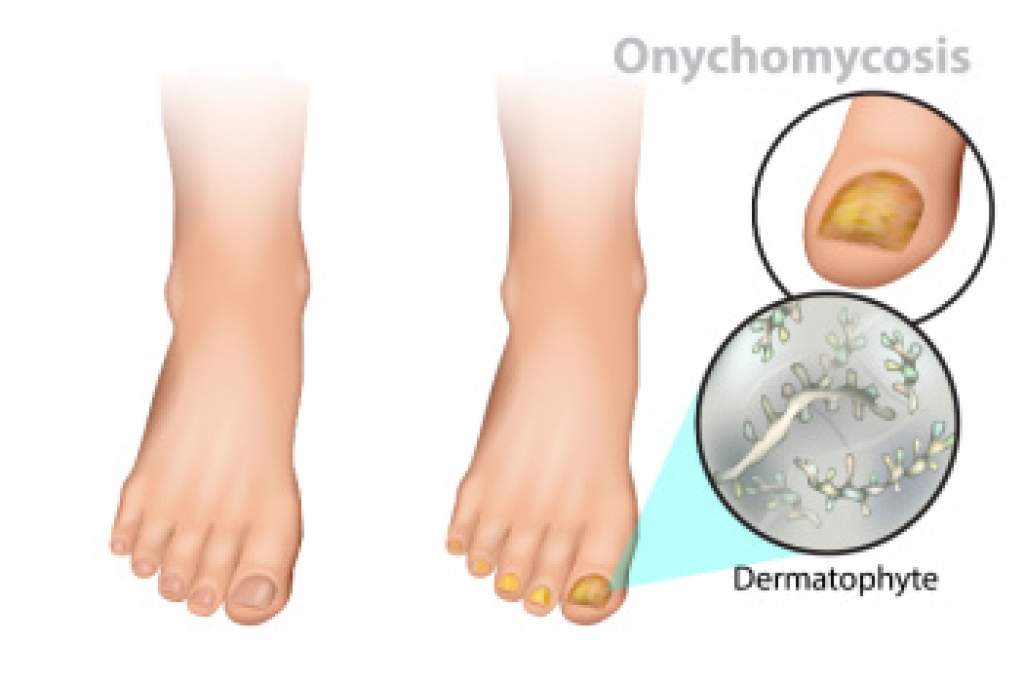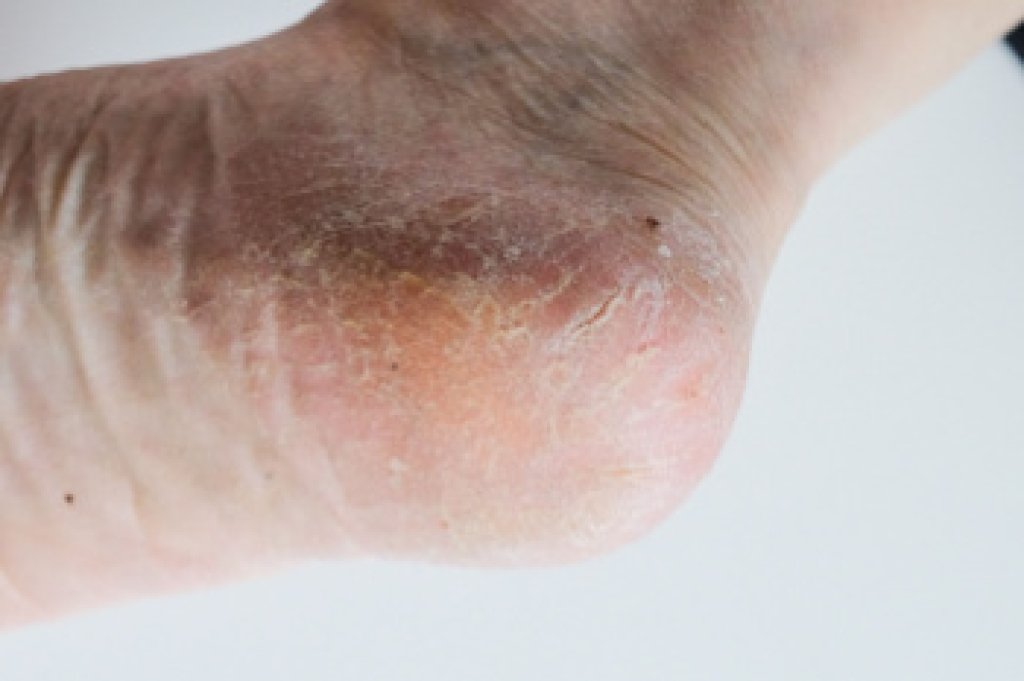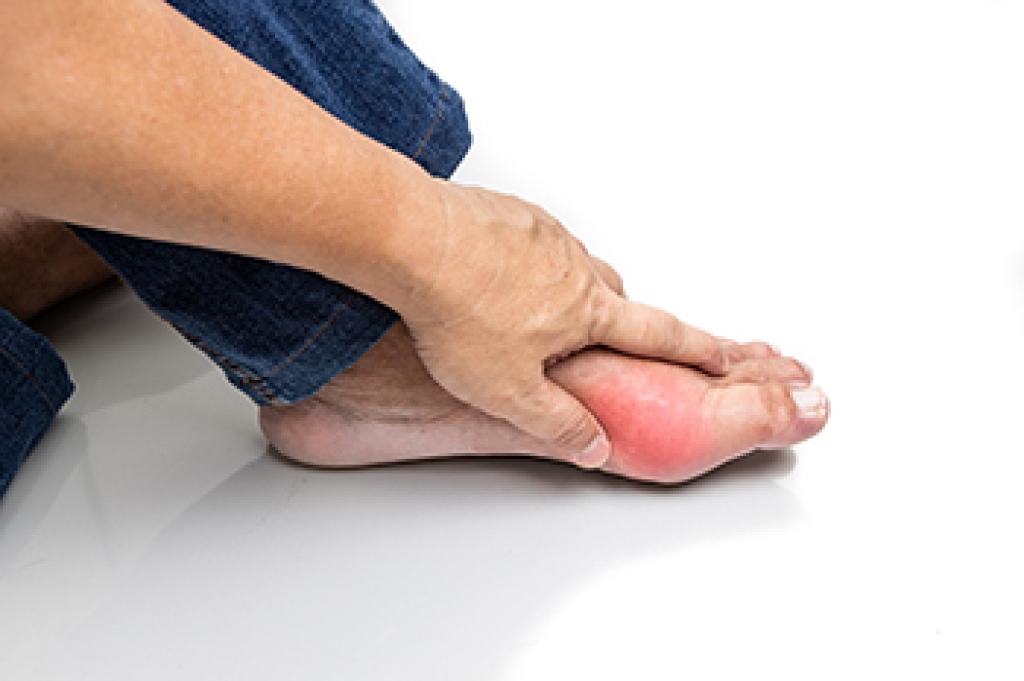
Toenail fungus and psoriasis can both cause thick, discolored, or damaged toenails, but they have different causes. Toenail fungus is an infection that develops when fungi enter the nail through small openings or cracks. The fungi thrive in moist environments like inside shoes or public showers. It can cause the nail to darken, become brittle, and sometimes give off an odor. Nail psoriasis is an autoimmune condition that affects how skin cells grow beneath the nail. It leads to pitting, yellow or brown discoloration, and buildup that lifts the nail from the bed. Because these conditions look similar, it can be hard to tell them apart without professional help. A podiatrist can examine the toenails, perform tests if needed, and provide the best treatment to restore nail health. If you notice changes to your toenails, it is suggested that you make an appointment with a podiatrist for a diagnosis and treatment.
If left untreated, toenail fungus may spread to other toenails, skin, or even fingernails. If you suspect you have toenail fungus it is important to seek treatment right away. For more information about treatment, contact Pedram Aslmand, DPM of Advanced Foot and Ankle Center. Our podiatrist can provide the care you need to keep you pain-free and on your feet.
Symptoms
- Warped or oddly shaped nails
- Yellowish nails
- Loose/separated nail
- Buildup of bits and pieces of nail fragments under the nail
- Brittle, broken, thickened nail
Treatment
If self-care strategies and over-the-counter medications does not help your fungus, your podiatrist may give you a prescription drug instead. Even if you find relief from your toenail fungus symptoms, you may experience a repeat infection in the future.
Prevention
In order to prevent getting toenail fungus in the future, you should always make sure to wash your feet with soap and water. After washing, it is important to dry your feet thoroughly especially in between the toes. When trimming your toenails, be sure to trim straight across instead of in a rounded shape. It is crucial not to cover up discolored nails with nail polish because that will prevent your nail from being able to “breathe”.
In some cases, surgical procedure may be needed to remove the toenail fungus. Consult with your podiatrist about the best treatment options for your case of toenail fungus.
If you have any questions please contact our offices located in Long Beach, CA . We offer the newest diagnostic and treatment technologies for all your foot and ankle needs.





